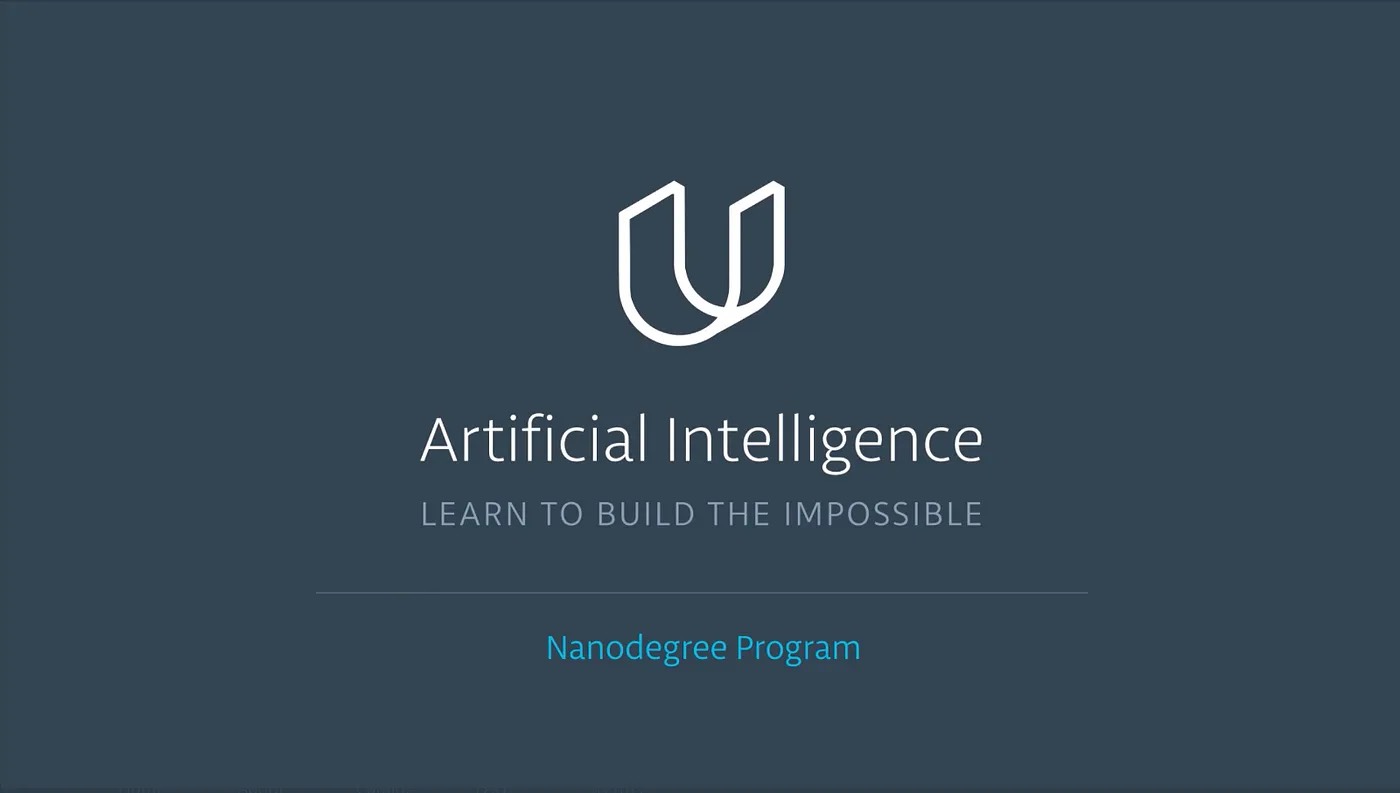The Demand for AI Expertise
Artificial intelligence has rapidly evolved from a niche discipline to a driving force behind global industries. With automation, machine learning, and data-driven decision-making shaping the future of work, AI expertise is in high demand.
Professionals seeking to gain an edge in this competitive field often turn to specialized learning programs. Among them, Udacity’s Artificial Intelligence Nanodegree stands out as an intensive, skill-focused course designed to equip learners with practical, job-ready capabilities.
Udacity, a company known for its emphasis on technology and career-focused education, offers a structured curriculum that covers AI fundamentals, classical search algorithms, and optimization techniques. But does the program truly prepare students for careers in AI? And how does it compare to traditional education models? A closer look reveals a program that prioritizes hands-on learning and mentorship, offering an alternative to conventional classroom instruction.
Inside the Nanodegree: Structure and Content
The AI Nanodegree unfolds over eight weeks, beginning with foundational concepts and progressing toward complex applications. The curriculum includes constraint satisfaction problems, automated planning, adversarial search, and probabilistic graphical models. Each course module builds on the previous one, ensuring that learners gain a deep, iterative understanding of artificial intelligence.
Throughout the program, students work on real-world projects designed to reinforce theoretical knowledge with practical experience. From building a Sudoku solver in the first week to developing AI-driven planning systems and multi-agent decision-making models, the coursework mirrors challenges faced by AI professionals. This structured, project-based learning approach is one of Udacity’s defining features.
The program is led by industry experts, including Sebastian Thrun, Thad Starner, and Peter Norvig—renowned figures in AI research and development. Their involvement lends credibility to the curriculum, and their insights provide students with valuable exposure to the latest advancements in the field.

Image Source: Medium
The Student Experience: Flexibility and Support
Beyond its curriculum, Udacity’s AI Nanodegree offers a learning environment tailored for flexibility. Students can complete coursework at their own pace, making it an attractive option for working professionals looking to upskill without disrupting their careers. Interactive quizzes, milestone tracking, and personalized study plans help learners stay engaged and motivated throughout the program.
A key strength of the Nanodegree is its emphasis on community and mentorship. The Student Hub connects learners worldwide, creating a collaborative space for discussion and problem-solving. Additionally, Udacity provides one-on-one mentorship, career services, and project feedback from AI specialists, enhancing the overall learning experience.
While online education often faces skepticism regarding its effectiveness compared to traditional learning, Udacity attempts to bridge the gap by integrating real-world applications, expert guidance, and networking opportunities. The inclusion of career services—such as resume reviews and LinkedIn profile optimization—underscores the program’s goal of helping graduates transition into AI roles.
Bridging the Gap to AI Careers
As AI continues to shape industries, accessible and high-quality education remains crucial. Udacity’s AI Nanodegree presents a compelling case for the future of learning—one that prioritizes skill acquisition over rote memorization and provides learners with the tools they need to succeed in an evolving job market. For those looking to break into artificial intelligence or advance their expertise, this program offers a structured yet flexible path forward.
Sources: Udacity, Bit Degree
